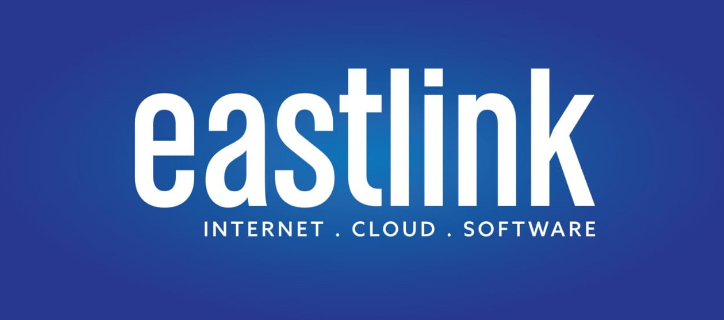Google browser displays “Not Secure” warning next to the website in the address bar if the site is not secured with HTTPS. Many website owners are now wondering what does it mean when a site is not secure. Let’s explore the change and what it actually means to website owners and marketers.
What does it mean when a site is not secure?
If you’re seeing the warning “Not Secure” in front of your domain name, you might think your site has been compromised. However, it may just be that your website’s security isn’t up to Google’s standards. Chrome will display a “Not Secure” warning if it does not use a secure connection (HTTPS). This is part of Google’s initiative to make the web more secure.
If you’re seeing the Not Secure error, it likely means that your site doesn’t have an SSL certificate and is not using the HTTPS protocol. The notification does not mean that your site is compromised or not functioning correctly.
FAQ about Google’s not secure warning
Is SSL only for eCommerce sites?
It used to be that only websites that handle payments need SSLs. However, SSL encryption protects all information that passes through the browser to the server, including logins and passwords, and even web admin credentials. With Google’s announcement of the Not Secure warning, it doesn’t matter whether the site takes data. All websites need to use encryption by SSL to ensure secure transfer of information – sensitive or not.
Can I use a free SSL certificate?
As long as your hosting provider allows you to install them, yes, absolutely. Keep in mind that there are differences between free and paid SSL certificates. For Eastlink hosting, you would be able to install free certificates on our VPS and Dedicated Server plans. It is also possible to install them on our cPanel Hosting plans.
Does the Not Secure warning only affect Eastlink websites?
No, Google Chrome will be marking all websites as not secure no matter where your site is hosted.
I have multiple websites and cannot afford to buy that many SSL Certificates.
Customers with multiple websites can consider the multiple domains SSL certificate, also known and SANs (Subject Alternative Names) SSL Certificate. This type of certificate lets you buy a single SSL but can protect multiple websites. It saves money and time. You only need to manage one SSL for all your websites, not many.












